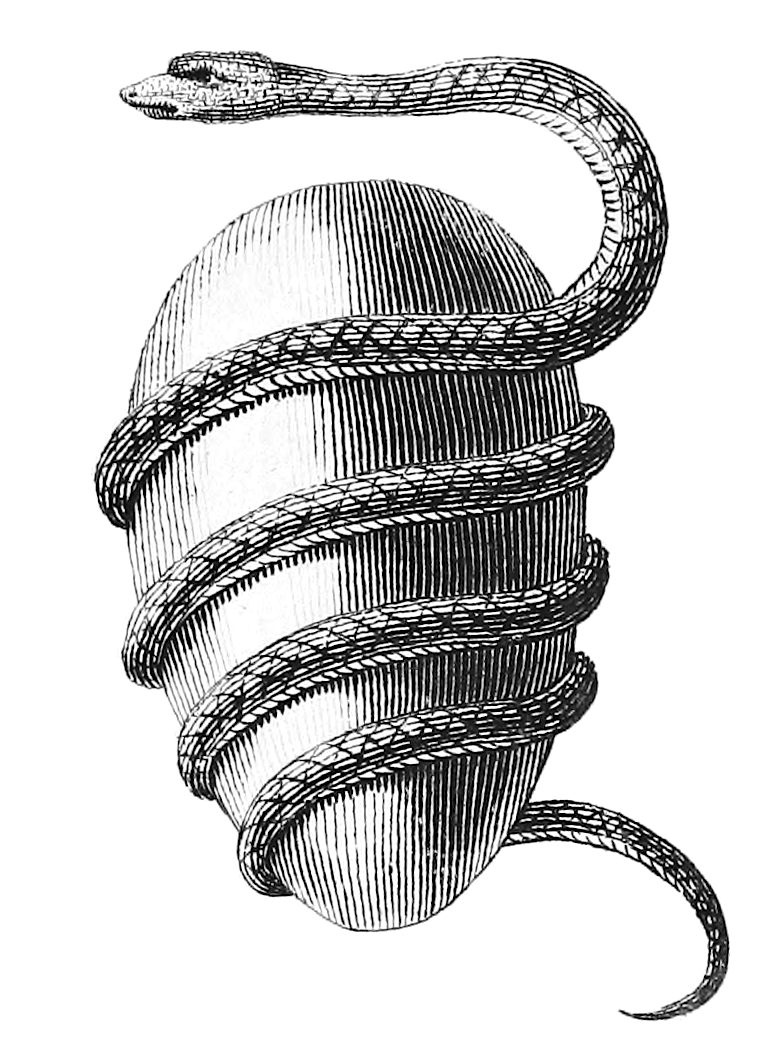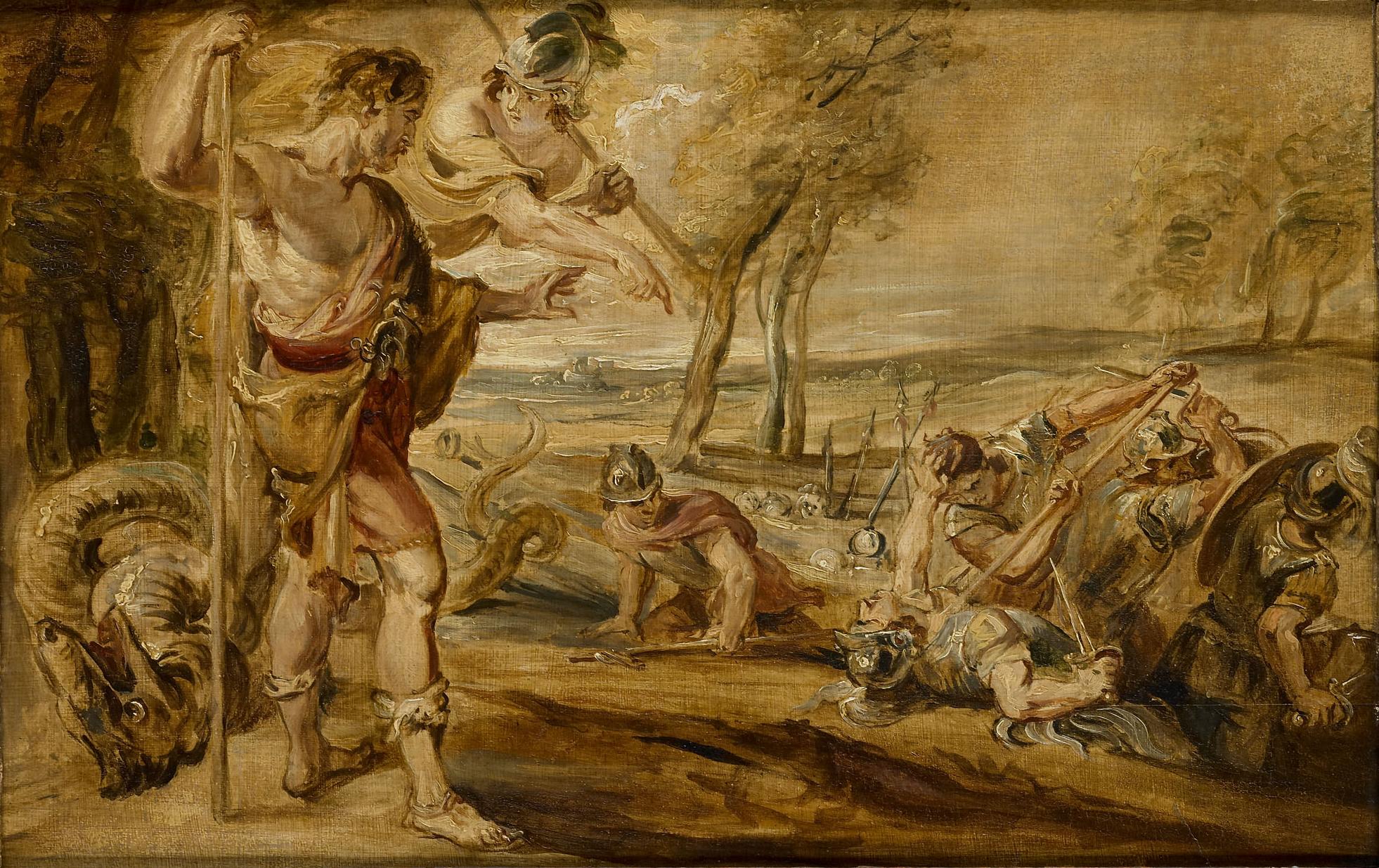|
Nycteïs
In Greek mythology, Nycteis (Ancient Greek: Νυκτηίς means "daughter of night") was the daughter of Nycteus and Polyxo. She married the son of Cadmus and Harmonia, Polydorus, a Theban king and mother by him of Labdacus, king of Thebes.Apollodorus, 3.5.5 Notes References * Apollodorus Apollodorus ( Greek: Ἀπολλόδωρος ''Apollodoros'') was a popular name in ancient Greece. It is the masculine gender of a noun compounded from Apollo, the deity, and doron, "gift"; that is, "Gift of Apollo." It may refer to: :''Note: A ..., ''The Library'' with an English Translation by Sir James George Frazer, F.B.A., F.R.S. in 2 Volumes, Cambridge, MA, Harvard University Press; London, William Heinemann Ltd. 1921. ISBN 0-674-99135-4Online version at the Perseus Digital Library. [...More Info...] [...Related Items...] OR: [Wikipedia] [Google] [Baidu] |
Polydorus (son Of Cadmus)
In Greek mythology, Polydorus or Polydoros (; means 'many-gift d) was a king of Thebes. Family Polydorus was the youngest and only male child of Cadmus and Harmonia, his sisters were Autonoë, Ino, Agave and Semele. He was the father of Labdacus by Nycteïs, the daughter of Nycteus. Mythology Upon the death of Cadmus, Pentheus, the son of Echion and Agave, after banishing Polydorus ruled Thebes for a short time until Dionysus prompted Agave to kill Pentheus. Polydorus then succeeded Pentheus as king of Thebes and married Nycteïs. When their son Labdacus was still young, Polydorus died of unknown causes, entrusting his father-in-law Nycteus to care the infant prince and to be his regent. In Pausanias's history, Polydorus' rule began when his father abdicated the throne and together with his mother Harmonia migrated to the Illyrian tribe of the Enchelii, but this is the only source for such a timeline. It is also said that along with the thunderbolt hurled at t ... [...More Info...] [...Related Items...] OR: [Wikipedia] [Google] [Baidu] |
Polyxo
Polyxo (; Ancient Greek: Πολυξώ ''Poluxṓ'') is the name of several figures in Greek mythology: *Polyxo, one of the 3,000 Oceanids, water-nymph daughters of the Titans Oceanus and his sister-wife Tethys. *Polyxo, one of the Hyades.''Hyginus, ''De'' ''Astronomica'' 2.21'' *Polyxo, a Naiad of the river Nile, presumably one of the daughters of the river-god Nilus. She was one of the wives of King Danaus of Libya and bore him twelve daughters: Autonoe, Theano, Electra, Cleopatra, Eurydice, Glaucippe, Anthelea, Cleodora, Euippe, Erato, Stygne, and Bryce. They married twelve sons of King Aegyptus of Egypt and Caliadne, Polyxo's sister, and murdered them on their wedding night. According to Hippostratus, Danaus had all of his progeny by a single woman, Europe, also daughter of Nilus. In some accounts, he married Melia, daughter of his uncle Agenor, king of Tyre. *Polyxo, mother of Antiope and possibly Nycteis by Nycteus. *Polyxo, mother of Actorion. She came t ... [...More Info...] [...Related Items...] OR: [Wikipedia] [Google] [Baidu] |
Labdacus
In Greek mythology, Labdacus (, ''Lábdakos'') was the only son of Polydorus and a king of Thebes. Labdacus was a grandson of Thebes' founder, Cadmus. His mother was Nycteïs, daughter of Nycteus. Mythology Polydorus died while Labdacus was a child, leaving Nycteus as his regent, although Lycus soon replaced him in that office. When Labdacus had grown, he briefly ruled Thebes. He died while he was still young, after he lost a war with the king of Athens, Pandion, over their borders. Apollodorus writes that he, like his cousin Pentheus, was ripped apart by women in a bacchic frenzy for disrespect to the god Dionysus.'' Bibliotheca'' 3.5.5. Lycus became regent once more after his death, this time for Labdacus' son, Laius. His descendants were called the ''Labdacids'', and included his son Laius, who fathered Oedipus; Oedipus' children were Polynices, Eteocles In Greek mythology, Eteocles (; ) was a king of Ancient Thebes (Boeotia), Thebes, the son of Oedipus and ei ... [...More Info...] [...Related Items...] OR: [Wikipedia] [Google] [Baidu] |
Greek Mythology
Greek mythology is the body of myths originally told by the Ancient Greece, ancient Greeks, and a genre of ancient Greek folklore, today absorbed alongside Roman mythology into the broader designation of classical mythology. These stories concern the ancient Greek religion's view of the Cosmogony, origin and Cosmology#Metaphysical cosmology, nature of the world; the lives and activities of List of Greek deities, deities, Greek hero cult, heroes, and List of Greek mythological creatures, mythological creatures; and the origins and significance of the ancient Greeks' cult (religious practice), cult and ritual practices. Modern scholars study the myths to shed light on the religious and political institutions of ancient Greece, and to better understand the nature of mythmaking itself. The Greek myths were initially propagated in an oral tradition, oral-poetic tradition most likely by Minoan civilization, Minoan and Mycenaean Greece, Mycenaean singers starting in the 18th century&n ... [...More Info...] [...Related Items...] OR: [Wikipedia] [Google] [Baidu] |
Ancient Greek
Ancient Greek (, ; ) includes the forms of the Greek language used in ancient Greece and the classical antiquity, ancient world from around 1500 BC to 300 BC. It is often roughly divided into the following periods: Mycenaean Greek (), Greek Dark Ages, Dark Ages (), the Archaic Greece, Archaic or Homeric Greek, Homeric period (), and the Classical Greece, Classical period (). Ancient Greek was the language of Homer and of fifth-century Athens, fifth-century Athenian historians, playwrights, and Ancient Greek philosophy, philosophers. It has contributed many words to English vocabulary and has been a standard subject of study in educational institutions of the Western world since the Renaissance. This article primarily contains information about the Homeric Greek, Epic and Classical periods of the language, which are the best-attested periods and considered most typical of Ancient Greek. From the Hellenistic period (), Ancient Greek was followed by Koine Greek, which is regar ... [...More Info...] [...Related Items...] OR: [Wikipedia] [Google] [Baidu] |
Robert Graves
Captain Robert von Ranke Graves (24 July 1895 – 7 December 1985) was an English poet, soldier, historical novelist and critic. His father was Alfred Perceval Graves, a celebrated Irish poet and figure in the Gaelic revival; they were both Celticists and students of Irish mythology Irish mythology is the body of myths indigenous to the island of Ireland. It was originally Oral tradition, passed down orally in the Prehistoric Ireland, prehistoric era. In the History of Ireland (795–1169), early medieval era, myths were .... Robert Graves produced more than 140 works in his lifetime. His poems, his translations and innovative analysis of the Greek myths, his memoir of his early life—including his role in World War I—''Good-Bye to All That'' (1929), and his speculative study of poetic inspiration ''The White Goddess'' have never been out of print. He was also a renowned short story writer, with stories such as "The Tenement" still being popular today. He ear ... [...More Info...] [...Related Items...] OR: [Wikipedia] [Google] [Baidu] |
The Greek Myths
''The Greek Myths'' (1955) is a mythography, a compendium of Greek mythology, with comments and analyses, by the poet and writer Robert Graves. Many editions of the book separate it into two volumes. Abridged editions of the work contain only the myths and leave out Graves's commentary. Each myth is presented in the voice of a narrator writing under the Antonines, such as Plutarch or Pausanias, with citations of the classical sources. The literary quality of his retellings is generally praised. Following each retelling, Graves presents his interpretation of its origin and significance, influenced by his belief in a prehistoric Matriarchal religion, as discussed in his book ''The White Goddess'' and elsewhere. Graves's theories and etymologies are rejected by most classical scholars. Graves argued in response that classical scholars lack "the poetic capacity to forensically examine mythology". Contents Graves interpreted Bronze Age Greece as changing from a matriarchal soci ... [...More Info...] [...Related Items...] OR: [Wikipedia] [Google] [Baidu] |
Nycteus
In Greek mythology, Nycteus (; ) was a king of Thebes. His rule began after the death of Polydorus, and ended when he was succeeded by his brother Lycus. Family Nycteus and his brother Lycus were the sons of either Chthonius, one of the Spartoi,Apollodorus3.5.5 or of the nymph Clonia and Hyrieus, the son of Poseidon and the Atlantid Alkyone, or of Poseidon and the Pleiad Celaeno. Nycteus had two daughters by Polyxo, Nycteis and Antiope. Mythology Nycteus and Lycus fled from Euboea after they murdered King Phlegyas, settling in Hyria and then moving to Thebes, because they were friends with Pentheus, its king. Nycteus's daughter, Nycteis married Polydorus, who was the successor of Pentheus, and their son was Labdacus. However, Pentheus and Polydorus both died soon after, and Nycteus became regent for Labdacus. After Antiope was impregnated by Zeus and fled to marry king Epopeus in Sicyon, the '' Bibliotheca'' reports that Nycteus killed himself in shame, after asking ... [...More Info...] [...Related Items...] OR: [Wikipedia] [Google] [Baidu] |
Cadmus
In Greek mythology, Cadmus (; ) was the legendary Phoenician founder of Boeotian Thebes, Greece, Thebes. He was, alongside Perseus and Bellerophon, the greatest hero and slayer of monsters before the days of Heracles. Commonly stated to be a prince of Phoenicia, the son of king Agenor and queen Telephassa of Tyre, Lebanon, Tyre, the brother of Phoenix (son of Agenor), Phoenix, Cilix and Europa (consort of Zeus), Europa, Cadmus traced his origins back to Poseidon and Libya of Egypt, Libya. Originally, he was sent by his royal parents to seek out and escort his sister Europa back to Tyre after she was abducted from the shores of Phoenicia by Zeus. In early accounts, Cadmus and Europa were instead the children of Phoenix (son of Agenor), Phoenix.Scholia on Homer, ''Iliad'' B, 494, p. 80, 43 ed. Bekk. as cited in Hellanicus of Lesbos, Hellanicus' ''Boeotica'' Cadmus founded or refounded the Greek city of Ancient Thebes (Boeotia), Thebes, the acropolis of which was originally named ... [...More Info...] [...Related Items...] OR: [Wikipedia] [Google] [Baidu] |
Harmonia
In Greek mythology, Harmonia (; /Ancient Greek phonology, harmoˈnia/, "harmony", "agreement") is the goddess of harmony and concord. Her Greek opposite is Eris (mythology), Eris and her Roman mythology, Roman counterpart is Concordia (mythology), Concordia. Harmonia is most well-known for her marriage to Cadmus and the many misfortunes that haunted her descendants, particularly those related to the fabled Necklace of Harmonia. Family Harmonia's parentage varies between accounts. She has most often been named as a daughter of the gods Ares and Aphrodite.Scholia on Homer, ''Iliad'' B, 494, p. 80, 43 ed. Bekk. as cited in Hellanicus of Lesbos, Hellanicus' ''Boeotica''Apollodorus of Athens, Apollodorus3.4/ref> This would make her the sister of other mythological figures such as Aeneas, Phobos (mythology), Phobos, and Eros. In other accounts, Harmonia was born in Samothrace to Zeus and the Pleiades (Greek mythology), Pleiad Electra (Pleiad), Electra. In this telling, Harmonia woul ... [...More Info...] [...Related Items...] OR: [Wikipedia] [Google] [Baidu] |
Bibliotheca (Pseudo-Apollodorus)
The ''Bibliotheca'' (Ancient Greek: ), is a compendium of Greek mythology, Greek myths and heroic legends, genealogical tables and histories arranged in three books, generally dated to the first or second century AD. The work is commonly described as having been written by Apollodorus (or sometimes Pseudo-Apollodorus), a result of its false attribution to the 2nd-century BC scholar Apollodorus of Athens. Overview The ''Bibliotheca'' of Pseudo-Apollodorus is a comprehensive collection of myths, genealogies and histories that presents a continuous history of Greek mythology from the earliest gods and the origin of the world to the death of Odysseus.. The narratives are organized by genealogy, chronology and geography in summaries of myth. The myths are sourced from a wide number of sources like early epic, early Hellenistic poets, and mythographical summaries of tales. Homer and Hesiod are the most frequently named along with other poets.Kenens, Ulrike. 2011. "The Sources of Ps.-A ... [...More Info...] [...Related Items...] OR: [Wikipedia] [Google] [Baidu] |



